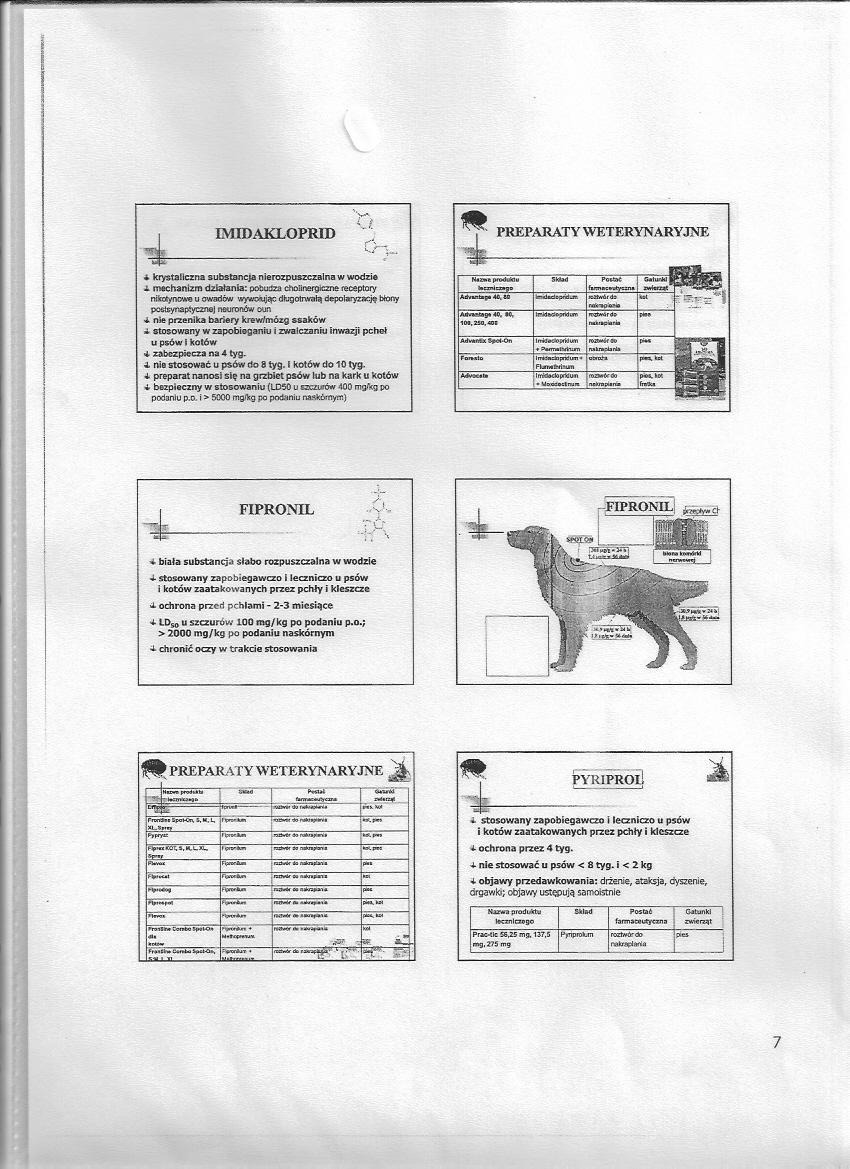skanuj0007 (34)

Spelt with the letter combination ewer: brewer, sever, fewer They cannot be pronounced with /o:/.
But where /ua/ is retained is when a word Ending in /u:/ and is spelled with ue has the ending R attached to it as in truer, bluer Best transcription will be /trud blud/
Plural, possessives and past tenses
Plural morpheme varies according to the noun
To which it is added. It must agree in voicing with
The last sound of the noun. So nouns ending in a voiced consonant/vowel
Add /z/ and those that end with voicless consonant add /s/
Robes-reubz, ropes-reups, doors-d):z, wells-welz
Smoothing
When /ei ai au au/, are followed by /schwa/ in words such as player, higher power, lower, smoothing occurs. The end target of the Diphthong is left out and the resulting vowel sequences are / ea, a0,3:/. Tyre-tower, ta0-to©
Stress
When a word has morę then 1 syllable and pronounced in isolation, one of its syllables will be morę prominent and audible the the others.
This most audible syllable bears the main lexical/accent of the word.
When words are put together into phrases, some of them retain their Lexical stress and others lose it and in connected speech one-syllable Words can bear stress.
Rhythm
Language has 2 different types of rhythm depending on the type of event that is repeated periodically. Syllable-timed languages are those in which syllables take all approximately the same amount of time. In stress-timed languages it is stress which occur at approximate!y equal interva!s. English is a stressed-timed language. Mainly unstressed syllables get shortened.
Stress-timing requirements are responsible for many of the Phonetic weakening in English, such as reduction in weak forms.
Weak forms
Words which are not stressed are words that have little
Lexical meaning (grammatical/form words). Prepositions, pronouns, auxiliary, modal Verbs, conjunction and articles are grammatical words. Words which often keep The stress in connected speech because they carry sematic weight (lexical/content words) are nouns, main verbs, adjectives and adverbs. Weakening affects unstressed syllables. Grammatical words are usually unstressed, their weak pronunciations are very frequent. There is a weak (normal) and fuli (strong) one which us used when the word is Stressed for some reason. The pronunciations are called weak/strong forms.
Only monosyllabic grammatical words may have a weak form.
Weak syllables have 4 types of peak: the vowel /0/, a close front unrounded vowel in The generał area of i: and i, a close back rounded vowel in the generał area of u: and u, syllabic consonant.
The /0/: spelt as 'a' ©tend, 'ar' m0Ul0, with 'o' t0mDr©u, 'or' f0get 'u' O:t0m, 'ous' greijes.
Close front/back vowels: i as front unrounded can be found: in word-final position
Wyszukiwarka
Podobne podstrony:
Aluminium cannot be soldered easily but M3-taps are drilled into the ends. Soldering lids are attach
The optimal combination of less stringent restrictions with supplementary measures which keeps Rt be
img022 The Letter G Lets get a litłle fancy with the colors now! This G is tatted with orange r
skanuj0008 Name: Class: Datę: ID: A UNITS 9-10 Multiple Choicc Identify the letter of the choice tha
skanuj0266 NORA 2 shutcles Make the upper and lowcr part of the wing one by one and join them&n
1 (163) Strona 24 z 46 Spy Circuits This covers all the possible combinations for the greatest outpu
50,51 S E C T I u IN DTypes of illness Replace the words in bold type (1-26) with a word frorn the l
12326 skanuj0008 (32) In words spelt with y or ey (haepi, vaeli) and in morpheme-final positlon when
Cover “Christie Ridgway writes with the perfect combination of humor and heart.” —Sus
skanuj0011 2 READING a Quickly read the guidebook extract about the London Eye and answer the ąuesti
skanuj0012 (34) 37. Drogą fekalno-oralną przenoszona jest inwazja a. &
więcej podobnych podstron